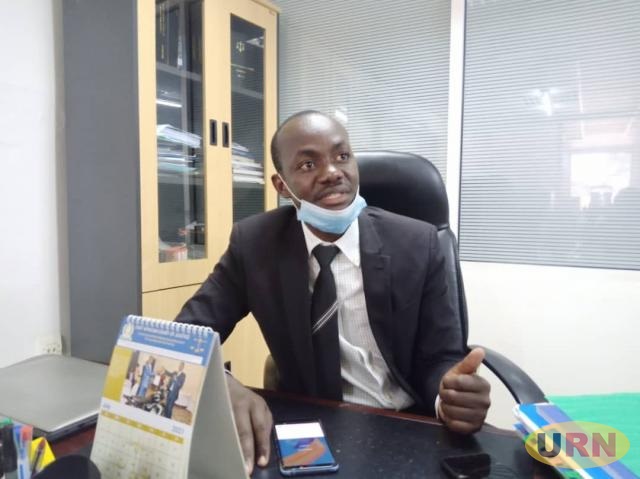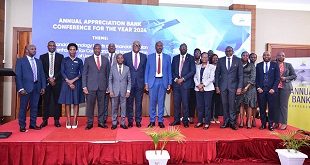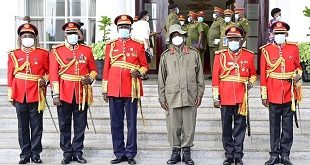
Kampala, Uganda | THE INDEPENDENT | The High Court in Kampala has issued a permanent injuction restraining the Uganda Law Society Council (ULS) from any further breach of its Act and the Election Regulations by nominating society representatives to statutory organizations without being voted for by the members.
According to Civil Division Judge Boniface Wamala, the justifications put in place by the ULS pointing to the practical difficulties in implementation of that part of the regulations cannot be reason for a different construction of the Act and regulations.
He says rather, this can form a ground to justify amendment of the Regulations which power is vested in the Council with the approval of the general Assembly of the society by way of a special resolution.
The decision arises from a successful petition filed by Lawyer Steven Kalali against ULS, a group in which he is a member.
In his lawsuit filed on July 10th, 2023, Kalali argued that the ULS leadership has been selectively appointing representatives to various statutory bodies since 2016, contrary to the governing Act and election regulations. These regulations mandate members to elect representatives through the Annual General Assembly.
Kalali’s petition identified 24 statutory bodies where ULS holds representation, including the Judicial Service Commission, Anti-Pornographic Control Committee, and Media Council, among others. He alleges that ULS leadership has sidestepped elections for these positions since the implementation of the 2016 General Election Regulations.
According to Kalali, these actions infringe upon members’ rights, including freedom of expression, and are both unlawful and lacking transparency. Given that ULS is a body of legal professionals and custodians of the law.
Kalali argued that the organization should uphold democratic principles and good governance. He noted that some representatives” on the various Statutory Bodies like Senior Counsel Ruth Sebatindira, and Norah Matovu on Judicial Service Commission as well as others on other bodies have been on or held offices for many years without according to other members of the society chance to per take the same, which he noted that clearly outlaws democratic principles of good governance and rule of law or transparency/accountability.
He said that some individuals have held these positions for an extended period without affording others the opportunity, which contradicts principles of good governance, the rule of law, and transparency.
Kalali contends that representatives should be elected or nominated with the approval of the respective class they represent, and ULS cannot act on behalf of members without their consent
On its part, the ULS asked Court to dismiss Kalali’s case on grounds that they have a total of about 34 statutory bodies that require representatives on their board, making it financially burdensome to conduct elections for each society representative and organizing an election within a limited time frame at the General Assembly is unfeasible.
In his decision on Friday, Justice Wamala has agreed with Kalali and consequently entered judgement in his favor saying the society is at liberty to make amendments to the election regulations to avoid any difficulties like they claimed.
The Judge has found the professional body of lawyers also to be in beach of its own laws. “As such, respondent’s Council to nominate or appoint Society representatives in a manner other than that provided for under the ULS Elections Regulations was in breach of the Act and the Regulations. This issue is answered in the affirmative,” said Wamala.
He has however declined to agree with Kalali that his right to freedom of expression, thought or conscience was breached by the actions of the ULS.
“It follows from the above discourse that although I have found a breach of the provisions of the ULS Act and the Elections Regulations, the only order available to the Applicant and which I accordingly issue is an order of a permanent injunction restraining the Respondent’s Council from any further breach of the Act and the Elections Regulations regarding the election of the Society representative,” said Wamala.
Speaking to URN, Kalali has welcomed the court decision saying he will ensure that it is implemented.
Notably, Kalali has a history of advocating for voter rights, having previously successfully challenged the Electoral Commission in a case that led to the recognition of voting rights for prisoners and Ugandans in the diaspora for the 2026 elections.
*******
URN
 The Independent Uganda: You get the Truth we Pay the Price
The Independent Uganda: You get the Truth we Pay the Price


